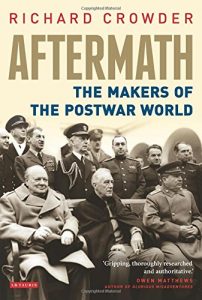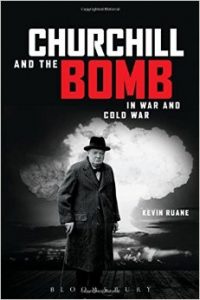
Affiliate and Chapter Events
Legacies of the Cold War
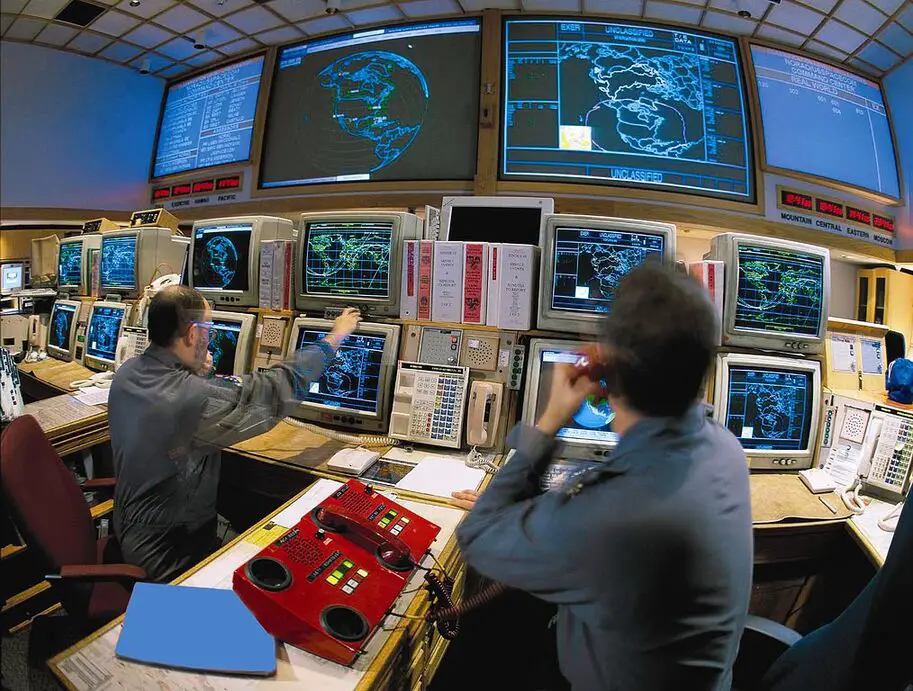
Missile Defense Integration and Operations Center, US Department of Defense
25 March 2024
Hosted by the National Churchill Leadership Center (NCLC) and co-sponsored by the George Washington Univesity (GW) History Department, GW Institute for European, Russian, and Eurasian Studies and the GW Cold War Group.
What are the lasting legacies of the Cold War? From technology to geopolitics, this panel of experts from the George Washington University Elliott School of International Affairs and Department of History will explore how the Cold War continues to inform the present day.
This event will take place in person at the NCLC and online. Monday, March 25, 7:30 PM EDT.
Panelists
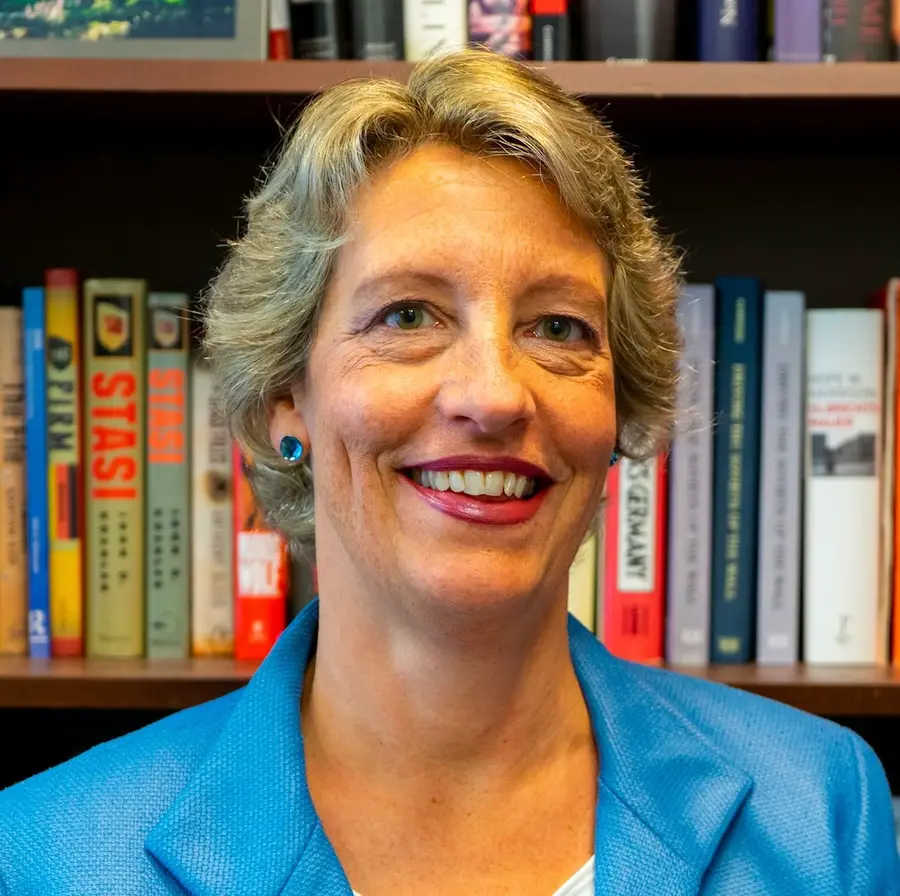
Hope M. Harrison is Professor of History and International Affairs at The George Washington University. She is an expert on Germany, Russia, the Cold War, the Berlin Wall, and the politics and culture of memory. She is the author of the prize-winning Driving the Soviets up the Wall: Soviet-East German Relations, 1953-1961, as well as After the Berlin Wall: Memory and the Making of the New Germany, 1989 to the Present and the Audible book The Berlin Wall: A World Divided. She is a co-founder of The GW Cold War Group, a Cold War studies group at GWU for both faculty and students. Dr. Harrison has appeared on CNN, C-SPAN, BBC, Voice of America, the History Channel, the Science Channel, ZDF, Deutschlandradio, and CCTV. Many of her public lectures can be found on YouTube. Dr. Harrison served as a Council on Foreign Relations, International Affairs Fellow at the White House, where she was Director for European and Eurasian Affairs on the National Security Council staff from 2000-2001. She has a B.A. from Harvard and a Ph.D. from Columbia.

2024 International Churchill Conference
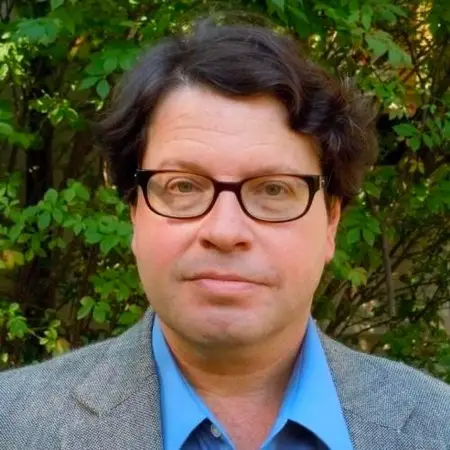
James Hersberg is a Professor of History and International Affairs at The George Washington University. Professor Hershberg received an A.B. in American History from Harvard College in 1982, a Master of International Affairs from Columbia University in 1985, and a Ph. D. from Tufts University in 1989. After teaching at Tufts and the California Institute of Technology in 1989-91, he directed the Cold War International History Project (and edited the project’s Bulletin) from 1991-96 before coming to George Washington University in 1997 and now edits the CWIHP book series co-published by the Stanford University and Wilson Center Presses. He received the 1994 Stuart Bernath Prize from the Society for Historians of American Foreign Policy for James B. Conant: Harvard to Hiroshima and the Making of the Nuclear Age (New York: Alfred A. Knopf, Inc., 1993; Stanford University Press, 1995).
He is currently working on various case studies of U.S. communications with Cold War adversaries (Cuba, China, North Vietnam, Iran). He is a co-founder of The GW Cold War Group, a Cold War studies group at GWU for both faculty and students and works closely with the National Security Archive, a declassified documents repository and research institute based at the University.

Aaron Bateman is an assistant professor of history and international affairs at George Washington University. He has published widely on intelligence, space security, and transatlantic relations. He is the author of Weapons in Space: Technology, Politics and the Rise and Fall of the Strategic Defense Initiative (MIT Press, 2024). He has published in Diplomacy & Statecraft, Intelligence and National Security, the Oxford Handbook of Space Security, The Journal of Strategic Studies, the International Journal of Intelligence and Counterintelligence, Science & Diplomacy, the Journal of Slavic Military Studies, the Bulletin of the Atomic Scientists, Physics Today, and War on the Rocks. He received his PhD from Johns Hopkins University. Prior to graduate school, he served as a U.S. Air Force intelligence officer.

Dr. Gema Kloppe-Santamaría is an Assistant Professor of Latin American History and International Affairs at George Washington University and a Global Fellow of the Woodrow Wilson International Center for Scholars. Her work centers on questions of violence, religion, and gender in twentieth and twenty-first-century Latin America, with a particular focus on Mexico and Central America. Her groundbreaking book, In the Vortex of Violence: Lynching, Extralegal Justice, and the State in Post-Revolutionary Mexico (University of California Press, 2020), examines the uncharted history of lynching during Mexico’s post-revolutionary period. She has published several book chapters and peer-reviewed articles on the regional and local dimensions of Mexico’s long Cold War. She is currently working on a co-authored monograph, tentatively titled Violence, Citizens and the State in Mexico and Central America. Kloppe-Santamaría was born in Nicaragua and grew up in both Mexico and Nicaragua.
Subscribe
WANT MORE?
Get the Churchill Bulletin delivered to your inbox once a month.

